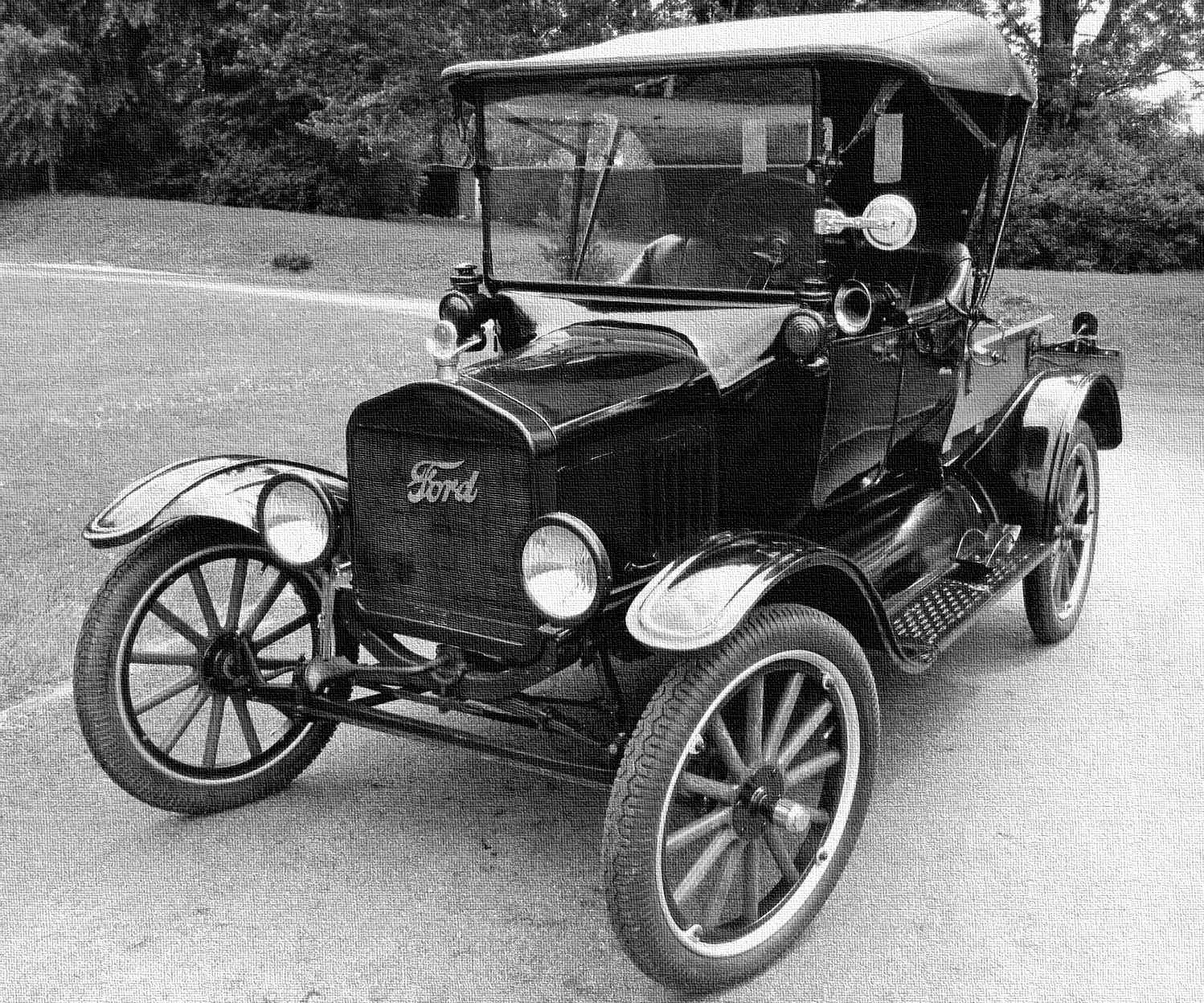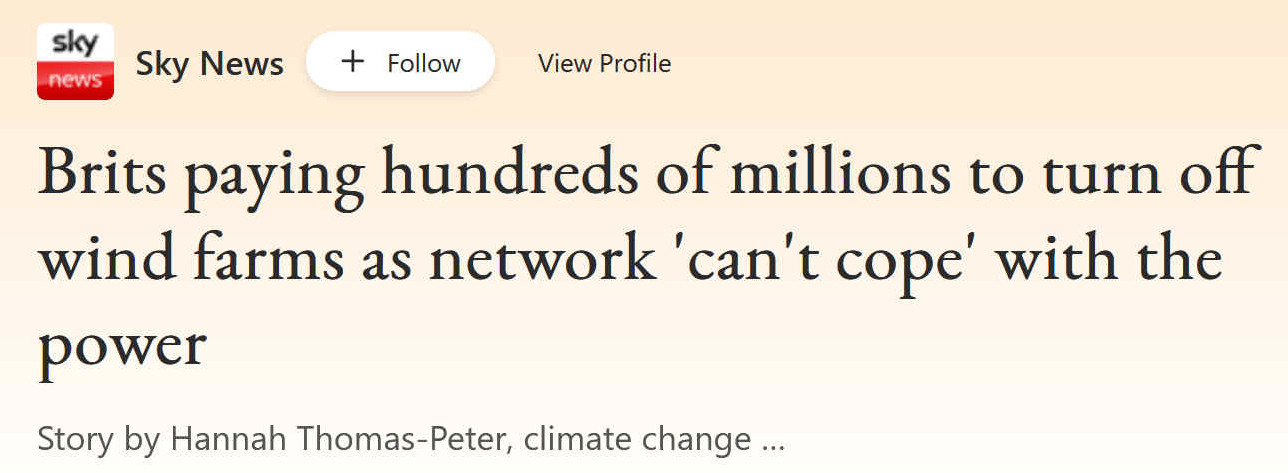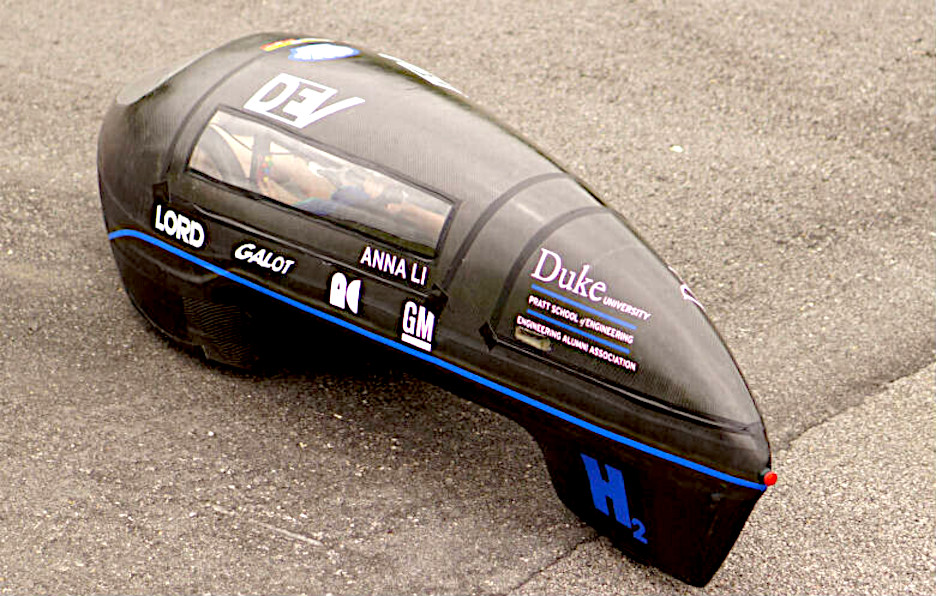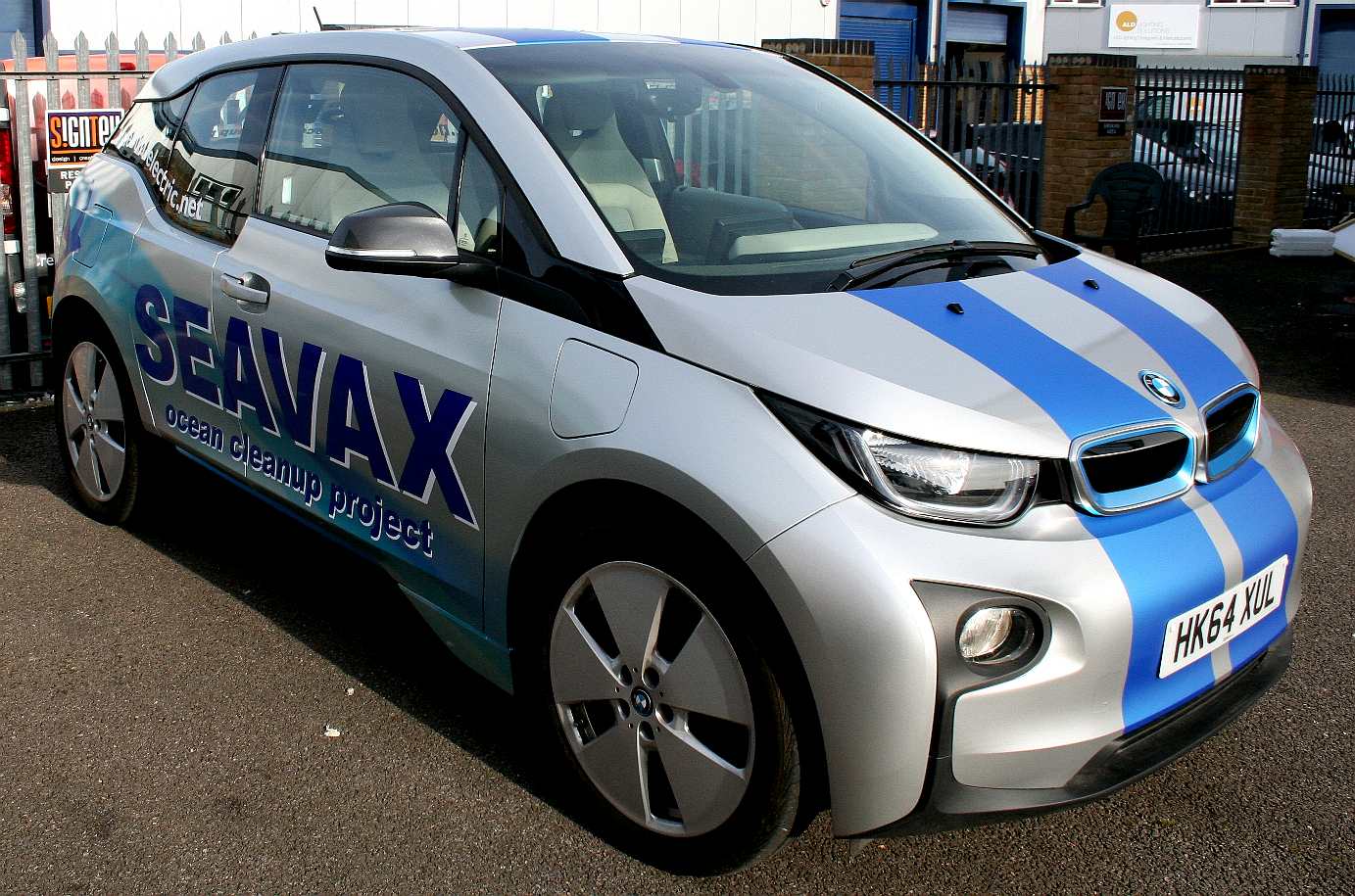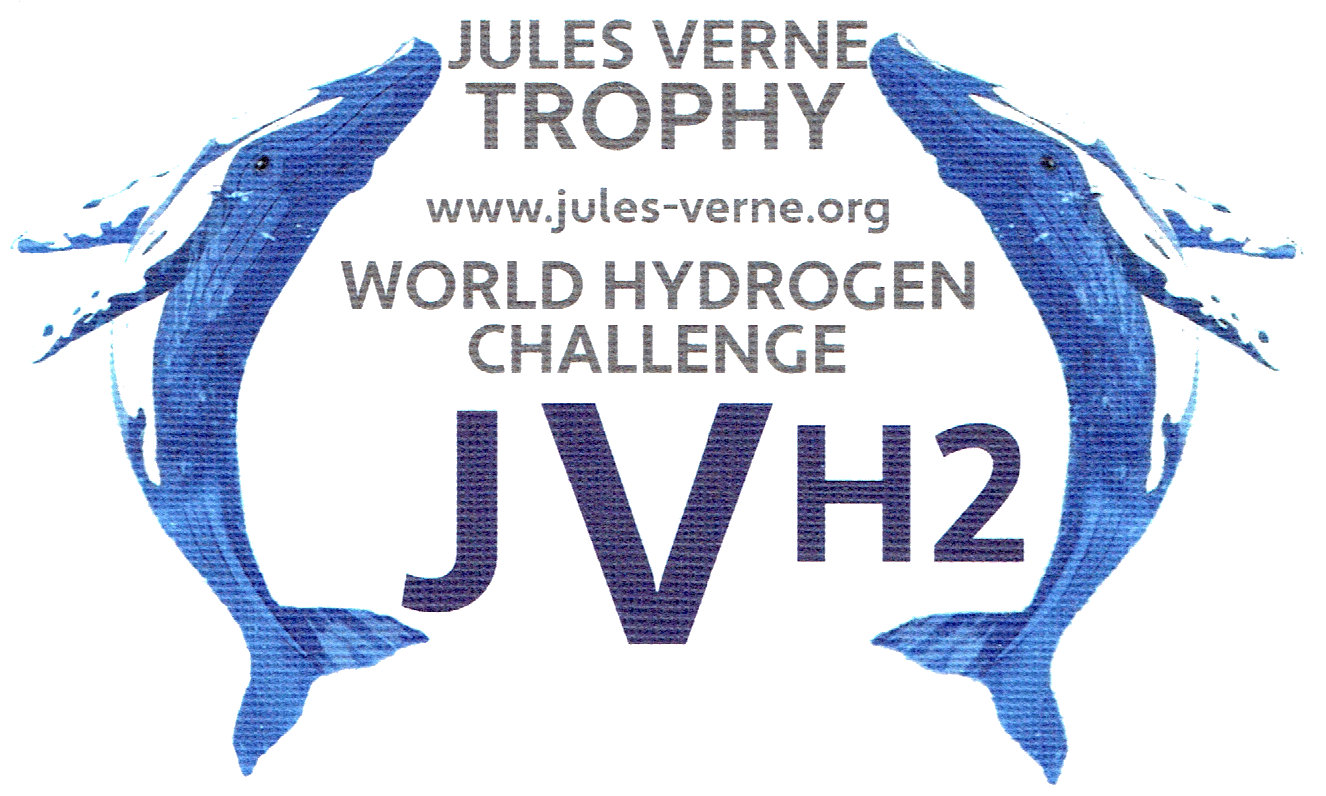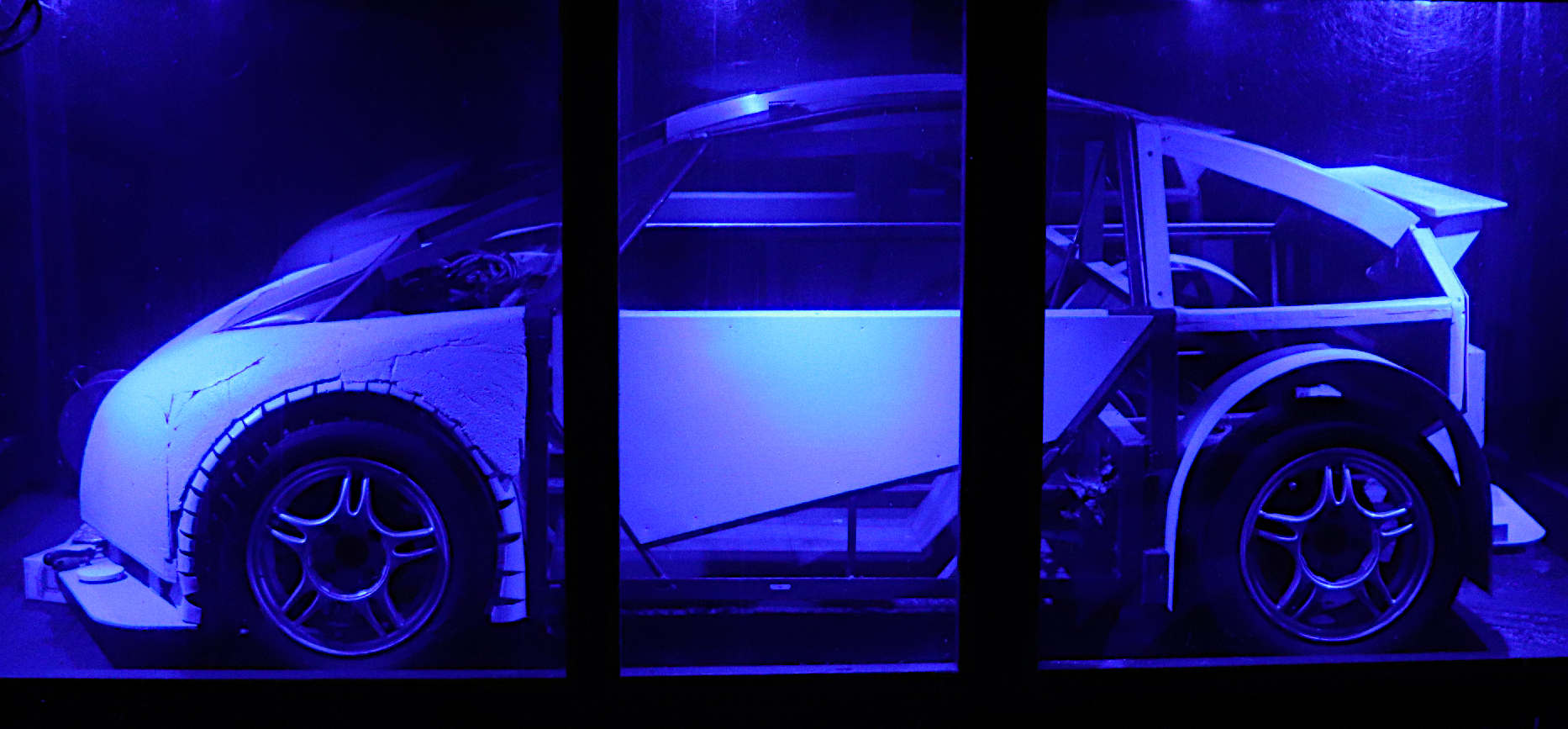|
H2 ROAD VEHICLES CATEGORY
WORLD'S MOST ECONOMICAL HYDROGEN FC CAR, VAN OR TRUCK
Please use our A-Z to navigate this site or return HOME
|
||||
|
FORD MODEL T - Electric cars were more popular as a mode of transport, until the electric starter motor made it easy to operate (start) petrol and diesel engines, powered by fossil fuels. Then Henry Ford came along with the Model T, making IC cars affordable. Well done to Henry. Today the challenge is to make automotive transport clean, in a sustainable world, for a healthier future.
|
||||
|
There is no limit to the design of vehicles that are entered into the JVH2 World Hydrogen Trophy series of events to demonstrate the world's most economical hydrogen fuel cell automobile in the world. Inspired by the words of Jules Verne.
It is Open Class.
You can field an existing vehicle, covert a battery electric, or custom build a kit car. It is up to you, so long as the vehicle is road legal in the country you intend setting a record.
More than likely, the cost of producing your entry will play a part, as will physics and logistics.
SKY NEWS MARCH 2023 - The key to soaking up wasted energy, is to integrate the electricity supply industry with the infrastructure for EVs. The problem being that the automotive world and the electricity industry, appear not to comprehend the problems, so contained are they in their own little bubbles. You can lead a horse to water, but you cannot make it drink.
The only way to turbo-charge change, is with clean statute. Well done to the EU February 2023. The technology has existed for many years. Manufacturers will now have to build zero carbon cars. Let us hope they do not wait until the last minute, like VW are saying. Energy companies will need to follow suite with infrastructure, or lose their grip on transport fuels. Great news for those considering entering the JVH2. At the moment it is the lack of alternative fuels at filling stations, that is the log jam. The
UK is aiming at 2030, while Norway is ahead of the game in EV sales, with gasoline’s share of the new car market vanishing more
every month - faster than anyone could have predicted. This has led Norway to have the earliest target for the phaseout of new gasoline vehicle sales in the world – 2025.
The challenge is not only to cover more miles per $dollar (kilometer per €euro) but also the cost of purchase and operating/servicing costs over at least 12 months.
Hence, the trophy will be awarded in stages.
Stage 1. A first award being for distance in relation to the cost of the vehicle and the fuel used.
Stage 2. A second award will follow for operational cost in relation to distance covered over a period of 12 months.
Stage 3. A third stage award will follow taking into account operational and servicing costs over a period of 60 months.
The one rule that competitors must work to, is using hydrogen and fuel cells to power their entry. This can be compressed gas, liquid hydrogen, ammonia, methanol, or peroxide. So long as the fuel used is derived from hydrogen or a hydrogen compound. Preferably, green hydrogen, produced from a renewable energy source.
You cannot use the fuel to power an internal combustion engine in this category.
This is not so for commercial vehicles, such as earth moving equipment or agricultural machinery. For which there will be a dedicated trophies, for hydrogen IC engines.
Make sure there are services available to support your environmentally friendly journey. If there are none, consider an entry on the automotive "Infrastructure Challenge." For which there is an additional category. Since the lack of H2 service stations is seen as a major blocker.
The Cleaner Ocean Foundation are SGD Champions. You can become a green technology Advocate. Helping to forge a better world on sustainable principles.
The Trophy awarded in this category will be the: "JVH2 World Hydrogen Trophy."
|
||||
|
EXAMPLE OF AN EARLY (2014) PROJECT - PRE: JVH2
HISTORIC WORLD 1ST - INBUILT HYDROGEN CARTRIDGE EXCHANGE SYSTEM - SWAPS IN 2 MINS, TO AMMONIA OR METHANOL FUELS MEANING ANY VEHICLE SO EQUIPPED MAY USE ANY H2 COMPOUND - OR EVEN LITHIUM BATTERIES - FUTURE PROOFING TECHNOLOGY
|
||||
|
Please use our A-Z INDEX to navigate this site or return HOME
This website is Copyright © 2023 Jameson Hunter & Cleaner Ocean Foundation Ltd, equal opportunities companies. This website is carbon friendly, using less energy to load on average per page via simplicity & picture optimization. The same may not apply to third party links.
|
